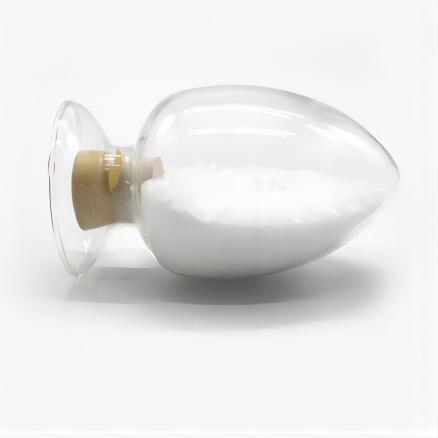L-Valine is an essential branched-chain amino acid that plays a crucial role in muscle metabolism, tissue repair, and energy production.


L-ValineCAS NO. 72-18-4
L-Valine is an essential branched-chain amino acid that plays a crucial role in muscle metabolism, tissue repair, and energy production.
L-Valine is an essential amino acid that is typically presented as a white to off-white crystalline powder. It is a hydrophobic amino acid, meaning it does not readily dissolve in water, and its solid form is often used in dietary supplements and food products.
In terms of aroma, L-Valine is generally odorless or has a very faint smell, which makes it suitable for various formulations without altering the overall scent profile of the products. This characteristic is particularly beneficial in the supplement and food industries, where maintaining the intended flavor and aroma is important.
Functions and applications:
1. Protein Synthesis: Like other amino acids, L-valine is a building block of proteins. It is incorporated into proteins during the process of protein synthesis, contributing to the structure and function of various tissues and organs in the body.
2. Muscle Growth and Repair: L-valine plays a crucial role in muscle metabolism and is particularly important for muscle growth, repair, and maintenance. It is involved in the synthesis of muscle proteins and serves as a substrate for energy production during exercise.
3. Energy Production: L-valine can be converted into glucose via gluconeogenesis, providing a source of energy for cells, especially during prolonged periods of fasting or intense physical activity when glycogen stores are depleted.
4. Regulation of Blood Sugar: L-valine, along with other BCAAs, plays a role in regulating blood sugar levels by stimulating insulin secretion and promoting glucose uptake by cells. This helps maintain stable blood sugar levels and prevent hypoglycemia (low blood sugar).
5. Brain Function: L-valine is involved in neurotransmitter synthesis and can cross the blood-brain barrier to enter the brain. It serves as a precursor for the synthesis of gamma-aminobutyric acid (GABA), a neurotransmitter with inhibitory effects on the central nervous system. GABA helps regulate neuronal excitability and has a calming effect on the brain.
6. Wound Healing: L-valine is important for tissue repair and wound healing. It helps support the growth and repair of skin, muscles, and other tissues damaged by injury or surgery.
7. Dietary Supplements: L-valine is commonly used as a dietary supplement, particularly among athletes and bodybuilders, to support muscle growth, improve exercise performance, and enhance recovery after workouts. It is often taken in combination with other BCAAs or as part of a protein supplement.
8. Medical Applications: L-valine may have potential medical applications in the treatment of certain conditions, such as hepatic encephalopathy (a brain disorder caused by liver disease) and certain metabolic disorders. However, more research is needed to fully understand its therapeutic effects and safety profile.
Our professional sales team are waiting for your consultation.